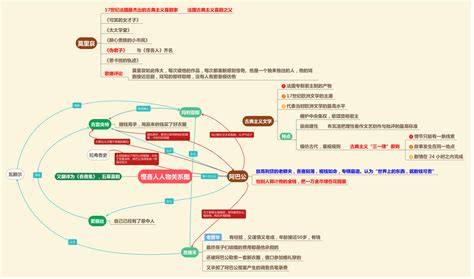欧美文学论文方向怎么写
```html

Exploring Research Directions in European and American Literature
As a scholar delving into the realm of European and American literature, there are numerous fascinating avenues for exploration and analysis. From classic works to contemporary trends, this field offers a rich tapestry of themes, styles, and cultural insights. In this discourse, we will navigate through potential research directions, providing insights and guidance for aspiring scholars.
One promising research direction is comparative literature studies, which involves analyzing literary works from different cultural and linguistic backgrounds. By juxtaposing European and American texts, scholars can uncover common motifs, stylistic influences, and societal reflections. For example, a comparative analysis of American Beat Generation literature with its European counterparts, such as the French Existentialist movement, can yield valuable insights into transatlantic cultural exchanges and the universality of certain themes like alienation and rebellion.
Postcolonial theory provides another fruitful avenue for research, particularly in exploring how European colonialism has influenced American and European literature. Scholars can investigate how colonial experiences, such as imperialism and cultural hegemony, are depicted in literary works from both regions. This may involve examining themes of identity, power dynamics, and resistance in texts ranging from colonial narratives to contemporary postcolonial literature.
Genre and narrative studies offer an opportunity to delve into the structural and thematic aspects of literature. Researchers can analyze how different genres, such as the novel, poetry, or drama, have evolved in European and American contexts. Additionally, exploring narrative techniques and innovations can shed light on broader literary trends and movements. For instance, a study of the streamofconsciousness narrative in European modernist literature and its influence on American writers like Faulkner and Joyce can offer valuable insights into literary experimentation and innovation.
Gender and identity studies provide a lens through which to examine representations of masculinity, femininity, and LGBTQ experiences in European and American literature. Scholars can explore how gender roles and identities are constructed, challenged, and negotiated in literary texts across different time periods and cultural contexts. From feminist readings of classic European novels to queer interpretations of contemporary American literature, there is a wealth of material waiting to be analyzed through this critical framework.
With growing awareness of environmental issues, ecocriticism has emerged as a vibrant field within literary studies. Researchers can investigate representations of nature, ecology, and environmental concerns in European and American literature. This may involve analyzing how authors engage with ecological themes, such as the relationship between humanity and the natural world, environmental degradation, and ecoactivism. By examining literary responses to environmental challenges, scholars can contribute to broader conversations about sustainability and ecological consciousness.
In conclusion, the field of European and American literature offers a diverse array of research directions for scholars to explore. Whether delving into comparative studies, postcolonial perspectives, genre analysis, gender studies, or ecocriticism, there is ample opportunity to engage with rich literary traditions and contemporary cultural discourses. By embracing interdisciplinary approaches and critical frameworks, researchers can contribute to a deeper understanding of the complexities and nuances of literature in its myriad forms.
